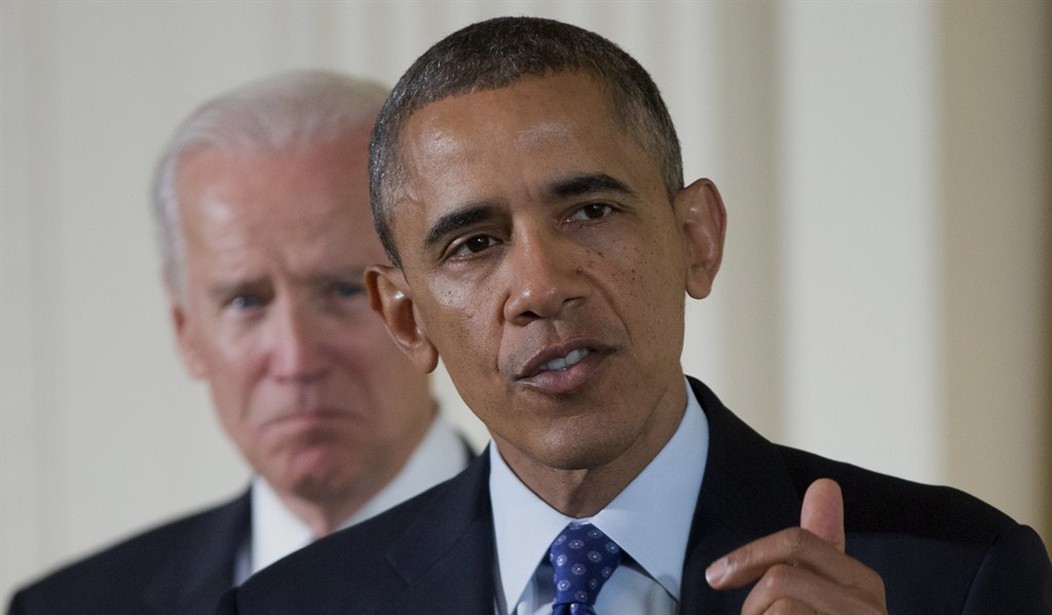The health reform law is trying to force $15 an hour workers and their employers to buy more than a million dollars of coverage when they don't have anything like a million dollars in assets to protect. Further, some of these families are being forced to give up "mini-med" plans that paid the first $2,000 or $3,000 of medical bills and enroll in plans with deductibles of $10,000 or more. Why do we need to force a family at this income level need to pay the first $10,000 of medical costs? We don't.
I can think of only two reasons why health insurance is valuable:
1. To protect assets, including the benefits of future wage income.
2. To avoid free ridership.
The public interest is obvious only in the second case.
Suppose other people have insurance but you do not. Instead of paying premiums to an insurer you consume all of your income and live paycheck to paycheck. Then a medical emergency occurs and you end up requiring care you cannot pay for. Result: everyone else in the community ends up paying for your care. Because other people are paying their own way (by insuring), they must consume less each year. Because you are relying on their charity, you get to consume more. That is the problem of free ridership.
What is the least intrusive solution to this problem? The cost of unpaid medical bills in this country is estimated to be about $57 billion. That works out to a little more than $1,000 for every uninsured person. So if we are worried that the uninsured will be willful free riders, the appropriate mandate is a requirement that we all purchase $1,000 worth of insurance every year or pay a fine of $1,000.
People whose income is small enough to qualify for Medicaid or the CHIP program are going to get free care anyway. Years ago, Gene Steuerle and I advocated making the child tax credit claimed by middle- and upper-middle income families conditional on proof of insurance for each child, however. For adults, we could make $1,000 of the standard deduction conditional on proof of insurance. But there is no reason to require more than this.
Recommended
What about obtaining insurance to protect assets. Is this a purely private matter, or does society as a whole have some interest in it?
Suppose I choose to be uninsured and I develop an expensive-to-treat chronic illness. I will be expected to pay my medical bills. If I can't, suppose the provider institutions go to court and seize my assets. If a bankruptcy judge determines that I was being irresponsible by not insuring, the judge may garnish future wages as part of the bankruptcy resolution. Once my assets and take-home pay are low enough, I may qualify for Medicaid or free care.
Is this the type of social outcome we are willing to tolerate? Not if you listen to the Physicians for a National Health Program. They become almost apoplectic at the thought of people declaring bankruptcy because of medical bills. Let's note parenthetically that the PNHP greatly exaggerates the problem, ignores a large body of scholarly research, ignores the fact that "medical bankruptcies" are usually the result of loss of work income, not the medical bills themselves, ignores the fact that medical bills bankrupt Canadians at similar rates as U.S. citizens, and ignores the fact that there has been no significant reduction in bankruptcies as a result of health reform in Massachusetts. Perhaps they are still right about the principle, however. Maybe our national psyche can't deal with these outcomes.
If so there is a straightforward solution. Let people insure for the sole purpose of protecting their assets. Suppose a family has assets worth $10,000 and they buy an insurance plan that pays the first $10,000 of medical expenses. Then we should let them exclude the $10,000 of assets in determining whether they are eligible for Medicaid, if they need to apply for help in paying additional medical expenses. We can apply the same principle to income. Suppose the family earns $30,000. Then by buying insurance covering an additional $30,000 of expenses they would be entitled to have their earnings disregarded, should they need to apply for Medicaid. (These numbers could be adjusted for reasonable deductibles, especially if backed by a Health Saving Account.)
The decision to insure in this way could be voluntary. Or if you think that medical bankruptcies are socially intolerable, the purchase could be mandatory. In the latter case, however, the mandate would cost a fraction of the ObamaCare mandate.

























Join the conversation as a VIP Member